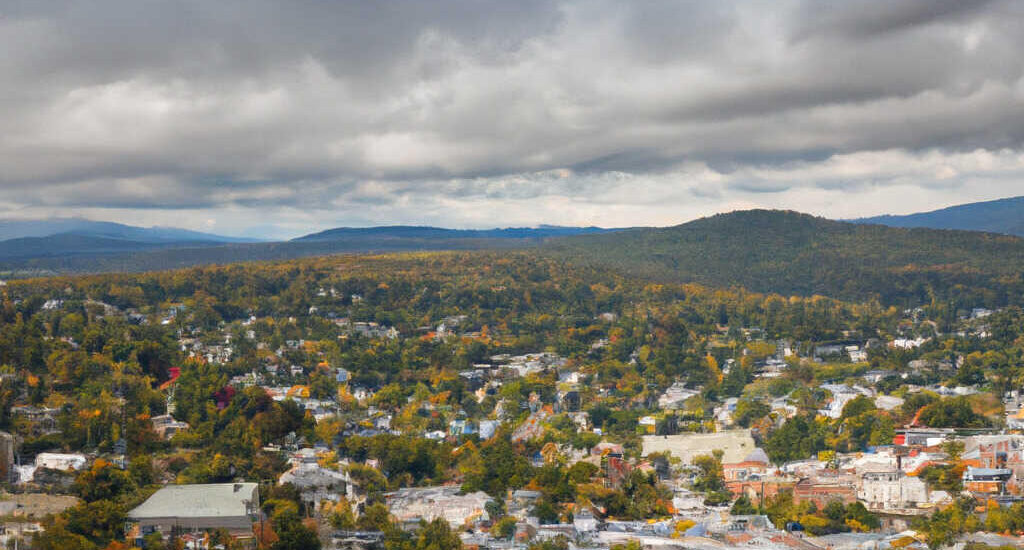Welcome to Plymouth, a small town with a big story to tell. Nestled in the rolling hills of Wisconsin, Plymouth’s history is a tapestry woven with tales of industry, resilience, and community spirit. As you explore this charming town, let me take you back to its beginnings.
Plymouth was officially established in 1845, during a time when the American Midwest was a frontier of opportunity. The land was originally inhabited by Native American tribes, including the Potawatomi, who lived here for centuries before European settlers arrived. The town was named after Plymouth, Massachusetts, reflecting the settlers’ hope for prosperity similar to their Eastern counterparts.
During the mid-19th century, Plymouth became a bustling hub due to its strategic location. The arrival of the Sheboygan and Mississippi Railroad in 1859 was a game-changer, transforming Plymouth into a vital link in the transportation of goods and people. This connectivity spurred economic growth and attracted immigrants, particularly from Germany, who brought with them traditions that continue to influence the town’s culture today.
One cannot speak of Plymouth without mentioning its deep ties to the dairy industry. Often called the ‘Cheese Capital of the World,’ Plymouth played a pivotal role in Wisconsin’s rise as America’s Dairyland. The town was home to numerous cheese factories, which at one point were producing 15% of the nation’s cheese. This legacy is celebrated annually at the Plymouth Cheese Capital Festival, a beloved event that underscores the town’s enduring dairy heritage.
A notable figure in Plymouth’s history is John J. Vollrath, who founded the Vollrath Company in 1874. Starting as a small manufacturer of porcelain enameled products, the company grew to become a leading name in commercial kitchen supplies. Vollrath’s entrepreneurial spirit exemplified the innovation and hard work that has defined Plymouth through the ages.
The town has also seen its share of national attention. During World War II, the Plymouth Button Company switched its production to supply essential goods for the war effort, showcasing the town’s adaptability and patriotism. This spirit of service is commemorated in local stories and museums, reminding visitors of the town’s contributions to important national causes.
As you walk through Plymouth today, you’ll notice a blend of historical architecture and modern amenities. The downtown area is peppered with well-preserved buildings, offering a glimpse into the past. The Plymouth Arts Center is a cultural hub, hosting events and exhibitions that celebrate local talent and heritage.
In the broader context, Plymouth’s story is one of a small town that has continually punched above its weight, contributing to Wisconsin’s identity and America’s agricultural and industrial might. Whether it’s the echoes of factory whistles or the aroma of freshly made cheese, Plymouth invites you to experience a slice of history that is as rich and flavorful as the products it is famous for.
Today, Plymouth continues to thrive, balancing its historical roots with a progressive outlook. It’s a place where past and present coexist harmoniously, offering both residents and visitors a unique window into America’s heartland history.




